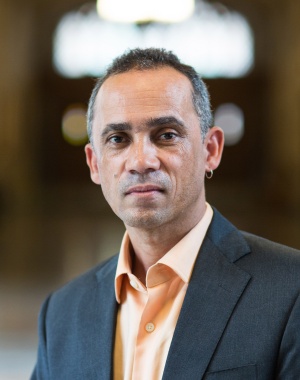How do individuals, communities and nations remember and represent the past? How is the relationship between history, memory and forgetting displaced through the very forms of socio-cultural production that inscribe it? How are the inherent and intersecting relations of power including the persistence of structures of dominance related to the experience of violence, oppression and resistance textured into the making of socio-cultural representations of history in South Africa’s everyday? In this course we will address these questions by investigating the multi-faceted historical instance of traumatic experience related to Colonization, Slavery and Apartheid. We will explore the problems that traumatic experience presents to physical, visual and narrative representations of memory as well as in historical, literary and socio-cultural production. We will explore specifically the production and relevance of physical markers in the urban landscape. We will discuss the impact of contemporary historical representations of Colonialism, Slavery and Apartheid on the related experiences of trauma and violence in order to gain a better understanding of the nature and problems of historical representation and the imbrications of memory and identity in the politics of location. We will also reflect on ways in which we are both agents of history and authors of our own histories.
